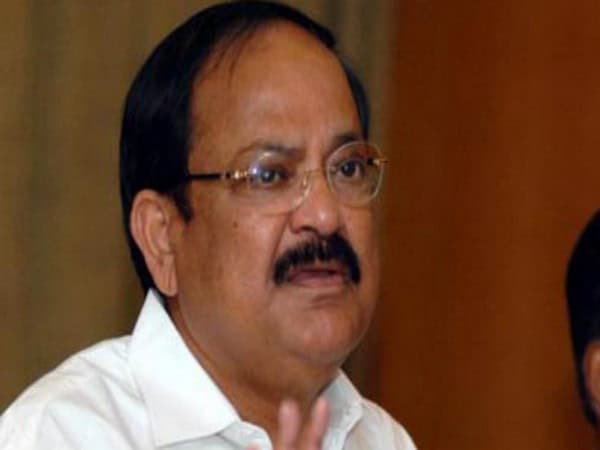New Delhi: Vice President M. Venkaiah Naidu said in order to envision an “inclusive new India,” the society needs to focus more on the education of children.
“We need to rethink education. We need to review what is taught and how it is taught. The schools and colleges must get transformed into active, vibrant places of learning where students experience the joy of learning,” the Vice President said on Monday while addressing a gathering after conferring the Nehru and Tagore Literacy Awards instituted by the Indian Adult Education Association.
Further talking about the human development index report, Naidu said: “I am saddened by reports that reflect the predominance of rote memorization, lack of learning materials and inadequate attention to different dimensions of learning. There is much more to be done in terms of improving the quality of education.”
The Vice President went on to add that literacy gives greater freedom to participate in society more actively and access better learning and earning opportunities.
“India has made rapid progress over the last seven decades. When India got independence, the literacy rate of the country was 14 percent with female literacy as low as 8 percent. With the expansion of education system, the country has tried to ensure universal primary education and literacy. Thanks to these efforts, as per 2011 census, the literacy rate of the country was 73 percent, with male literacy at 80.9 percent and female literacy at 64.6 percent,” Naidu said.
“Today, we have one of the largest education systems in the world with 789 universities and 37,204 colleges and 11,443 stand-alone educational institutions. However, according to the Human Development Index report, India ranks 131 out of 193 countries and 282 million persons cannot still read and write,” he asserted.
The Vice President further added: “We have adopted a Constitution that has equality and inclusion as key principles. Our government has adopted ‘Sabka Sath Sabka Vikas’ as an overarching goal. We are envisioning an inclusive new India. To achieve this, we cannot afford to ignore this huge challenge. We have to recognise that there is a persisting gender gap of 16.3 percent. Clearly, we have to focus much more sharply on women’s literacy and gender gaps in literacy and education.” (ANI)

